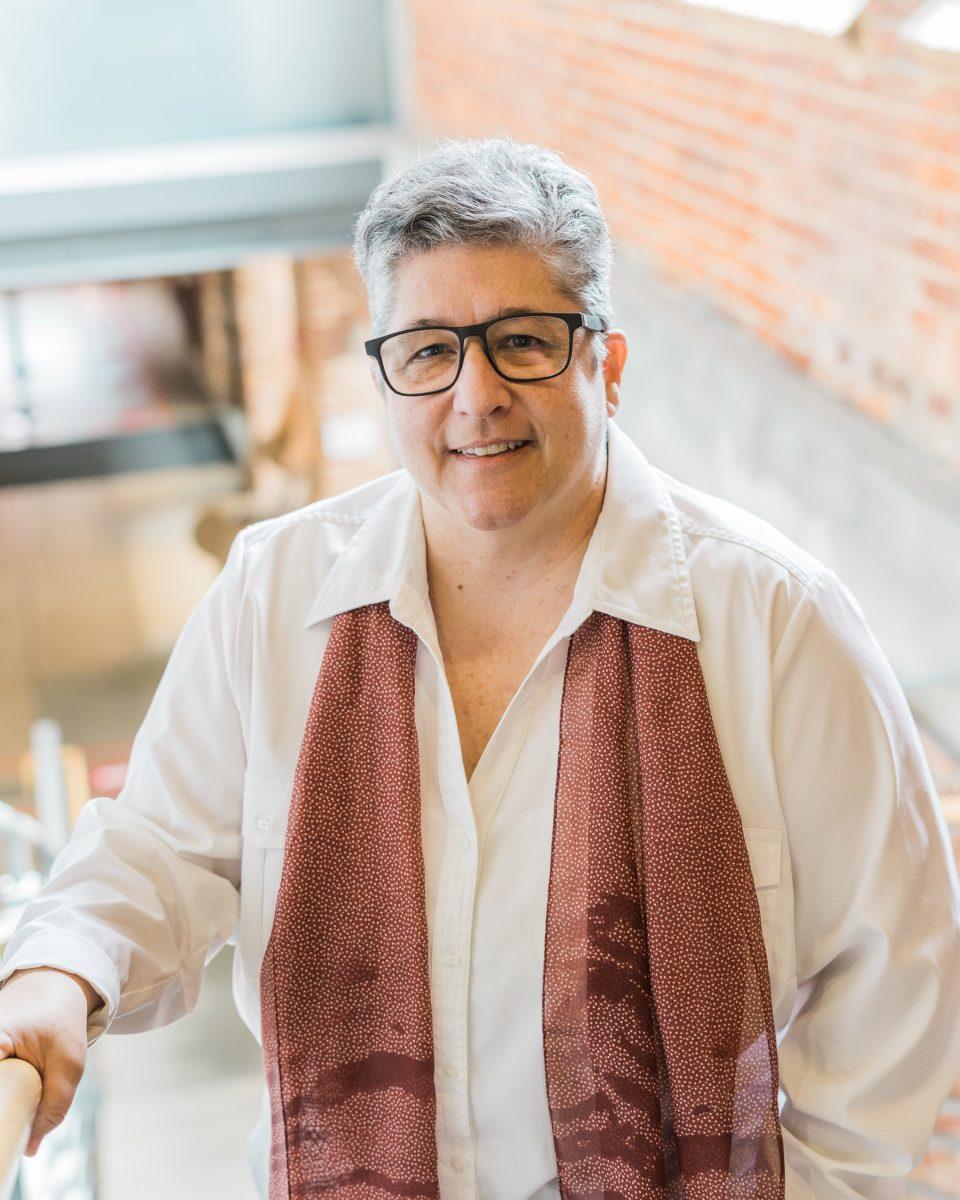This is the third of an ongoing series which seeks to analyze Technician as a publication and its history in LGBTQ activism.
Before becoming Assistant Vice Chancellor of the Division of Academic and Student Affairs, Justine Hollingshead was the GLBT Center’s first director.
Hollingshead has worked at NC State since 1995. Back then, she said she would’ve never thought a GLBT Center would open on campus, especially considering the climate for the LGBTQ community.
“I would have told you that I wasn’t gonna stay here very long because it was not a place that I felt was very affirming and didn’t have a ton of resources for really any marginalized community, it was in the South, and the Bible Belt and all the traditional things,” Hollingshead said. “Here I am 27 years later. … I’ve always been a person that instead of complaining about what doesn’t exist, [we should] help to establish resources, make a difference and make changes.”
Hollingshead started with the ally training program called Project SAFE, which still exists and has evolved over the decades. She also said Dr. Tom Stafford, the Vice Chancellor of DASA at the time, supported the creation of the program. Hollingshead mentioned during this time, the administration was very white, male-oriented and conversations around diversity, inclusion and equity were not common. Albeit, surveys were conducted by the University to gauge students’ view of the campus climate.
“In the early 2000s, we did a portion of a survey that included sexual orientation … when we did that climate survey, the results were not shocking to me, but they were certainly shocking to many people,” Hollingshead said. “They were like, ‘Holy cow. This is not great for our GLBT community’ and we’re like ‘Yeah, we know.’ At the time, we didn’t have a center, and there was a discussion about should there be a center, and what would that look like?”
Hollingshead discussed how the town hall meetings went when discussing the creation of the GLBT Center. She said all kinds of people came to disagree, critique and not want to use their taxpayer dollars for the GLBT community. Eventually though, the GLBT Center was greenlit to open in the old Talley Student Union. Even though she wasn’t convinced about applying at first, Hollingshead applied and promptly became the GLBT’s first director.
“That was the point where we were making strides towards intentionality of support for the community,” Hollingshead said. “We started with a director, me, a grad assistant, a student worker and a part time 20-hour week program person and that was it. Now, the Center has premier space in Talley and has a more defined staffing structure with individuals that are focused in different areas, physical space for students, a ton of student orgs that we just had one of back in the old days. And there’s different affinity groups for students to feel like they matter and that they can connect with. I refer to myself as the head gay emeritus at this point.”
Hollingshead said it was a job she truly loved but also the hardest one she’s had to do professionally. She referenced being a part of the community for which she had to advocate for and defend really has a lasting impact on a person. As the director, it also meant Hollingshead had to make some decisions that weren’t so popular or support things people didn’t agree with.
In regards to the GLBT Center vandalism that occurred in 2011, Hollingshead coined it as a defining moment in University history.
“It didn’t happen in the Free Expression Tunnel, it happened on our front door, literally,” Hollingshead said. “The outpouring of support [came] from the University community, Technician, students and alums all over the world. The chancellor was out of the country at the time and he called me. Even then, that was still a decade ago. We weren’t as far along as we are now. So it was a defining moment in how the University was going to provide support.”
As for Technician’s role in reporting and activism, Hollingshead said the publication and its reporters have done a good job doing the best they could, within the time and circumstances given in providing support for students.
“Technician in particular has helped to examine what the issues are and to also talk about the programs and the resources that the center has done and that students do,” Hollingshead said. “There are times when students write letters or anyone writes a letter to the editor, and you all, you are still the free press. … We want the ability to have free speech, and when incidents happened in the tunnel, I feel Technician has done a good job of covering that in a fair and unbiased way that, we’re reporting the news or something that happened but, also making avenues available for students to share the impact that has on them.”
Even with the progress made through LGBTQ activism and reporting, Hollingshead emphasized there should always be a demand for more progress and to avoid becoming stagnant.
“We don’t want to just say, ‘Oh, well, we have a center so that’s good enough,’” Hollingshead said. “We should always be demanding more and expecting more. I think for us to continue to do that and continue to have the expectation that we’re going to grow and that there are going to be challenges. I don’t think it’s ever going to be easy. But, my dad always said ‘nothing worth having is easy.’ I think [we should] expect that there is going to be a challenge and to be prepared for that.”













